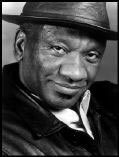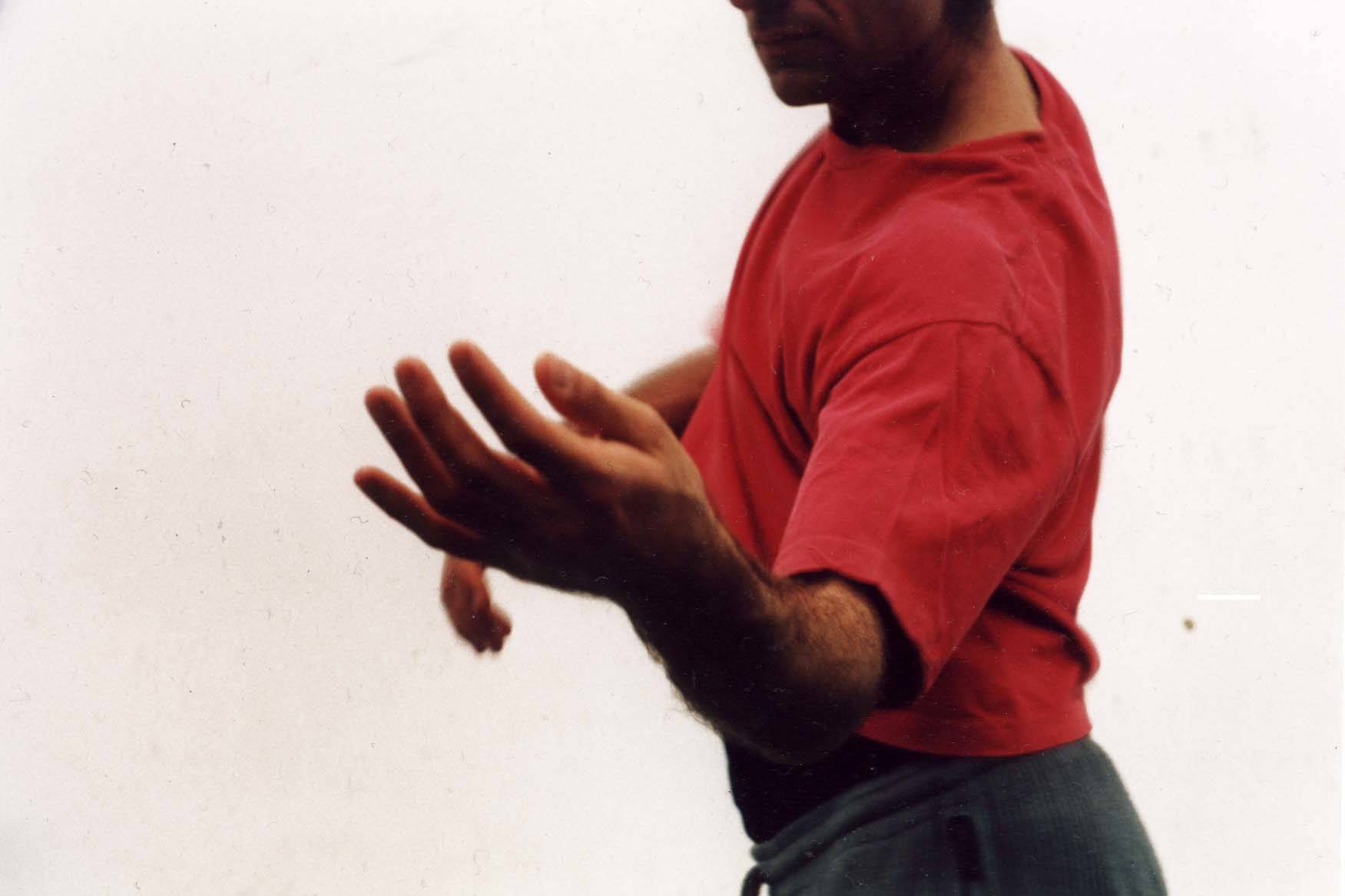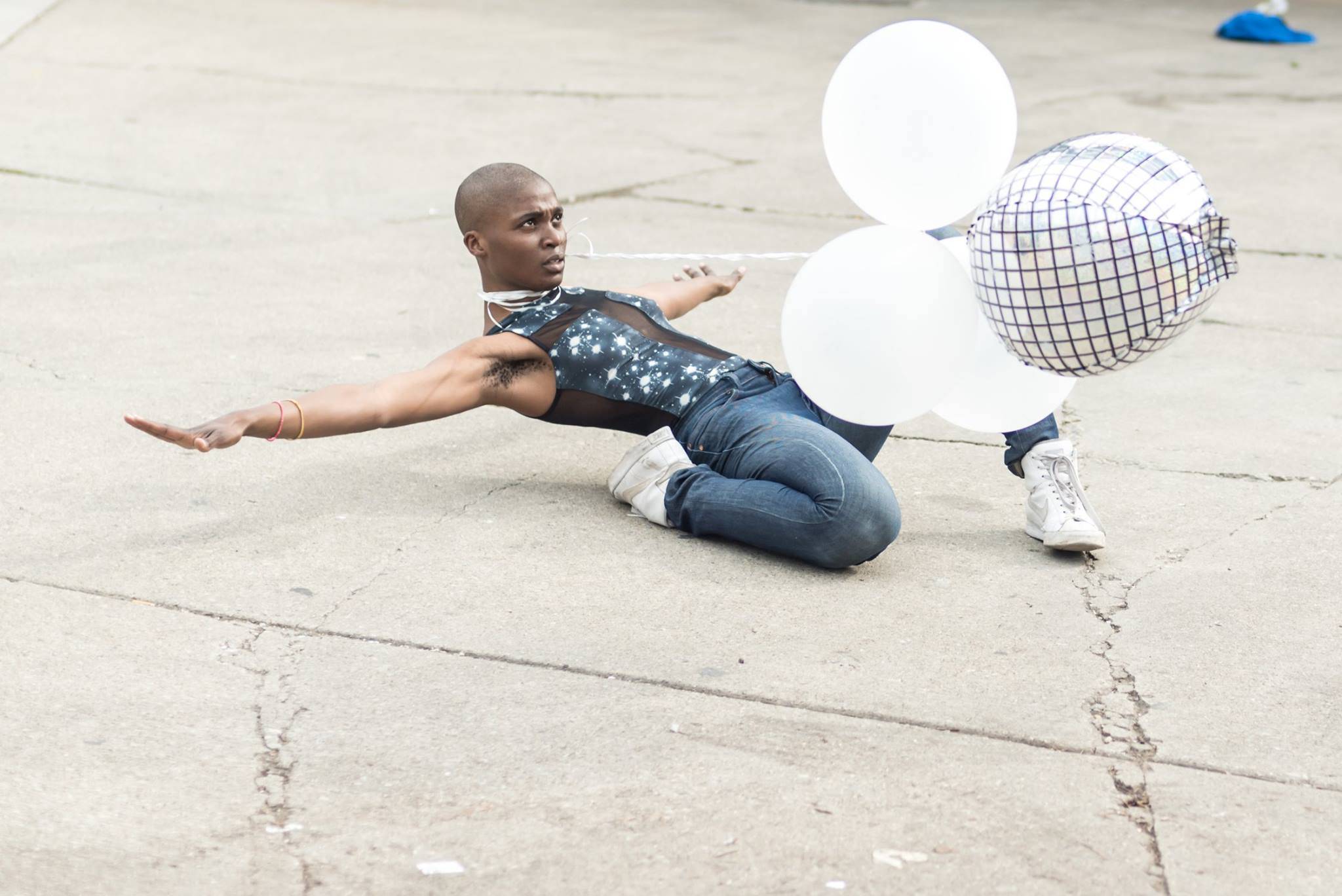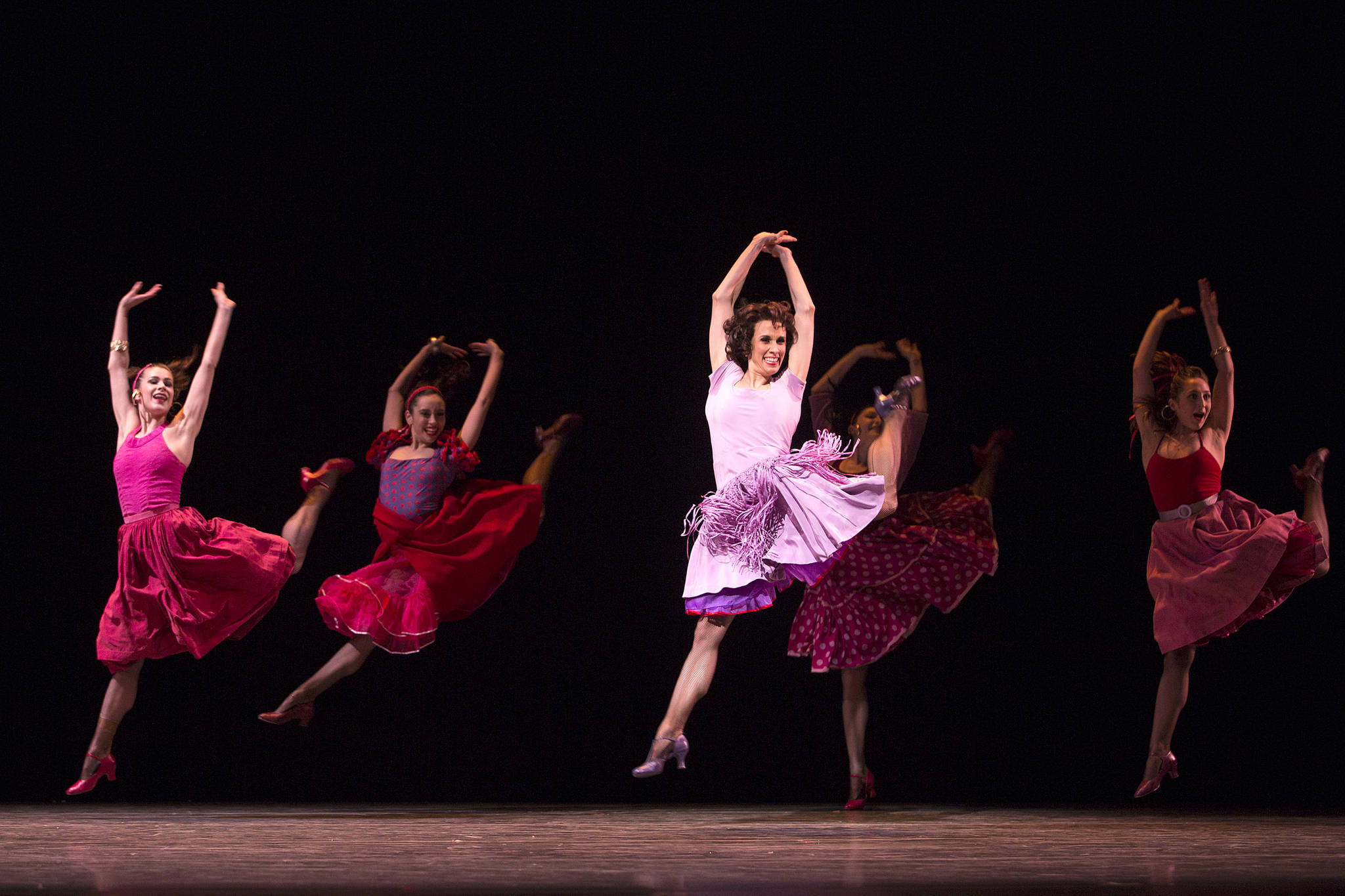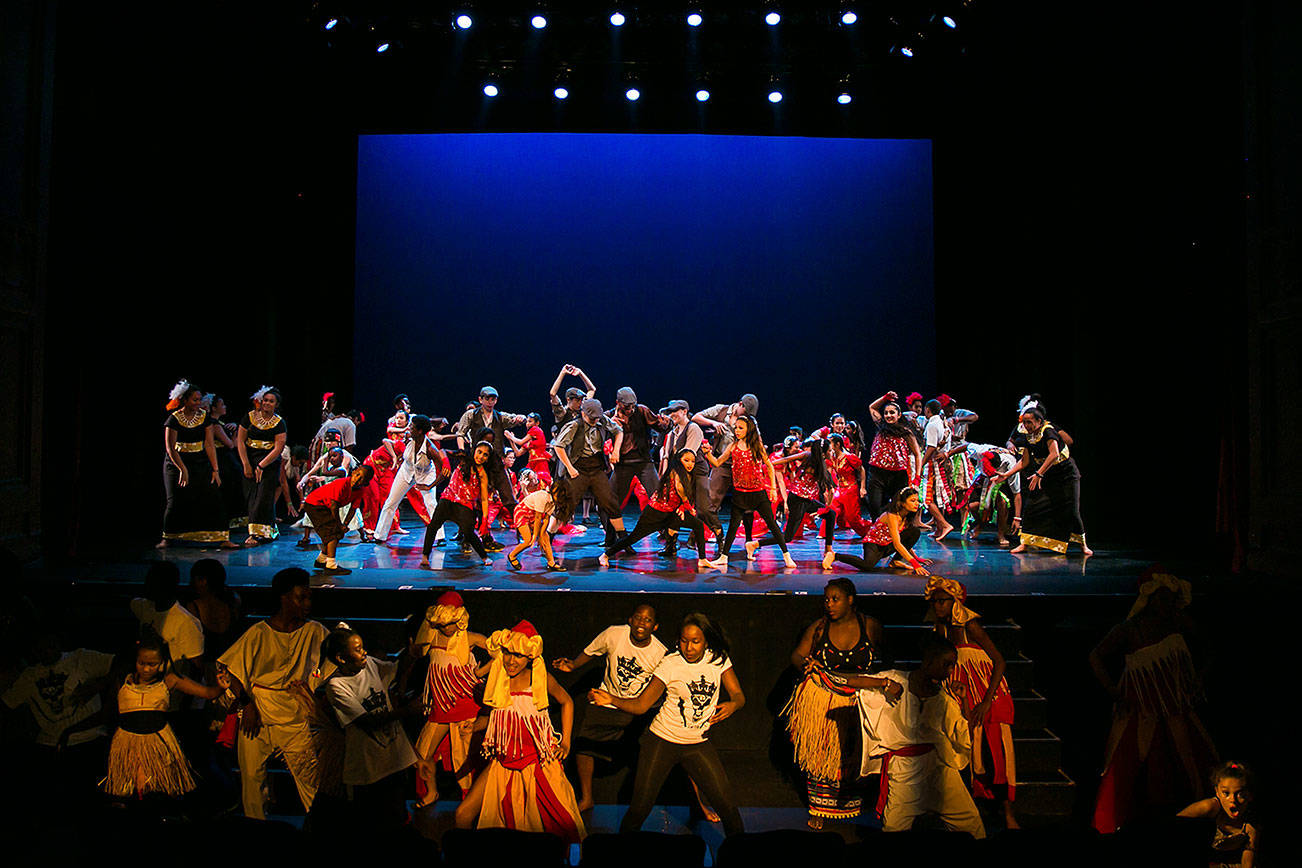IN A FIELD LITTERED with the corpses of failed dance companies, Spectrum Dance Theater has beaten the odds. It’s been 20 years since Spectrum took over the program at the Madrona Bathhouse, for most of that time teaching and performing in much the same way that the tortoise competes against the hare—slow and steady wins the race—following a conservative path, staying within a budget, and planning growth in methodical steps. Over time, they’ve been pleased with their accomplishments: regular performance seasons in town, some regional touring, and occasional trips to big jazz conferences. They looked for models in other successful companies and took advice, collected an accessible jazz-based repertory and developed an audience for it, many of whom were new to dance.
Now, though, it seems they’ve shifted to a different philosophy. Since last spring, when artistic director and founding member Dale Merrill announced that he was leaving for a college position in California, Spectrum has been looking for a new leader. The search itself matched the company’s careful nature. The final choice does not.
Donald Byrd has been active as an international performer and choreographer for longer than Spectrum has been alive, most of that time as the head of his own ensemble, Donald Byrd/The Group. His work often moves far past the conventional edges of the art form, both in topic and vocabulary, exploring domestic violence and abuse, racial stereotyping, and sexual behaviors. The movement itself is beautiful but harsh, combining the amplitude you find in ballet technique with a martial arts kind of aggression and the weighted power of traditional modern dance. The results are dances that are often as dark as they are compelling—and as unlike much of the repertory that Spectrum has collected thus far.
Although Byrd arrives with a distinguished list of awards and commissions, he also brings a complex reputation. He frequently refers to himself as a champion of dancers, but admits that he can be a drill sergeant in the studio. And his artistic concerns can sometimes lead his company through hard times; he finally had to dissolve The Group last year when they couldn’t resolve ongoing debts incurred during the production of his innovative Harlem Nutcracker.
At first glance, the combination of Donald Byrd and Spectrum would seem . . . unlikely. And, indeed, the process was not a matter of love at first sight. According to Carol Borgmann and Sarah Weaver, members of the search committee, Byrd was a late addition to the process, applying after several colleagues had encouraged him to at different times. But after meeting the board and hearing them describe the mission of the company, Byrd came back with a vision statement of his own that they felt meshed with their goals for the ensemble.
“It wasn’t so much what he said, but how thoughtful he was,” says Weaver. “He’d obviously given it a great deal of thought and made an effort to look at the organization from our perspective as well as his own. He told us what it was he saw, but he was very respectful of what Dale had accomplished.”
Borgmann, who was also a founding member of the group, recognizes what a big transition this will be for Spectrum but is hopeful for the outcome.
“The aesthetic of the company will shift,” she says. “Some old repertory will fall away [and] dancers will be challenged in new ways—they’re excited about the opportunity.”
After years of cautious comfort, Spectrum seems to have entered the year of living dangerously.
